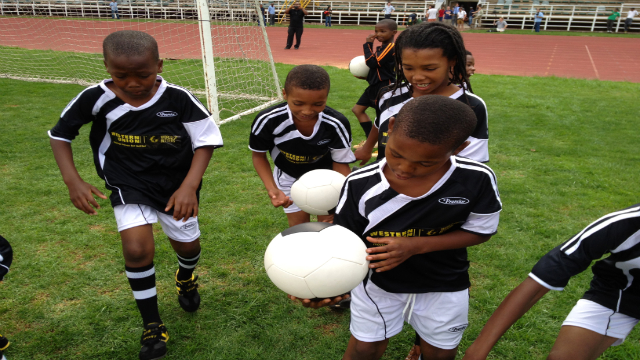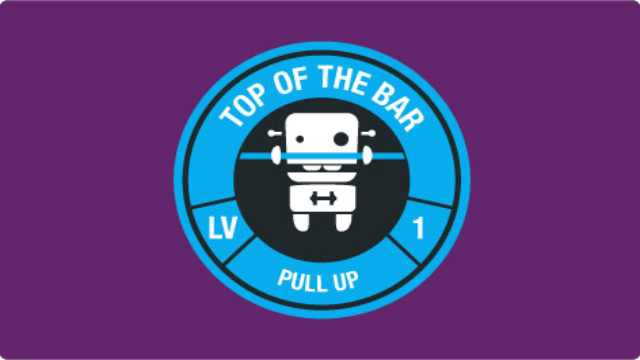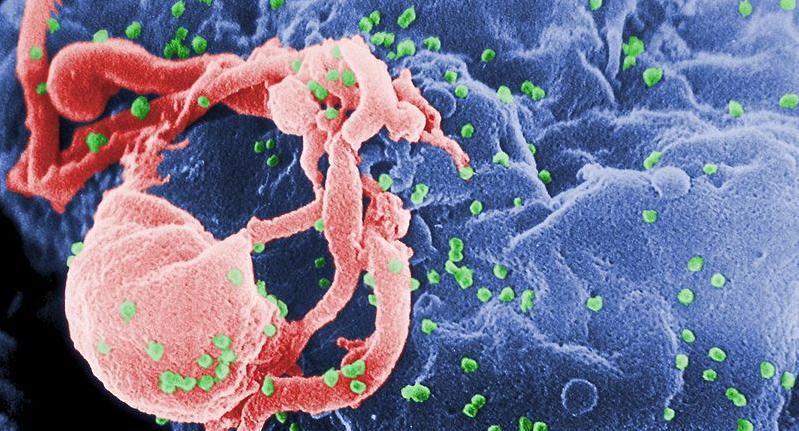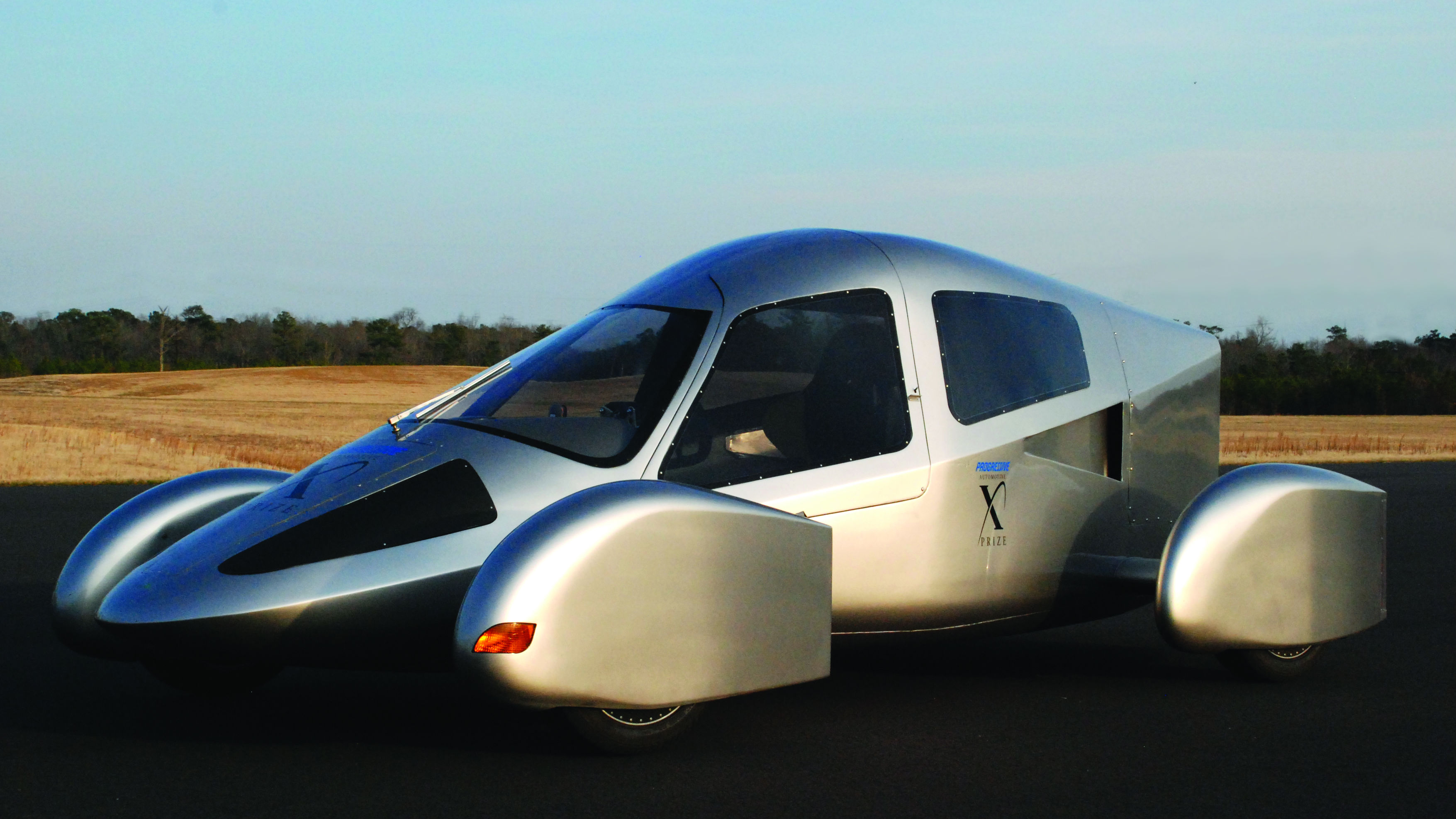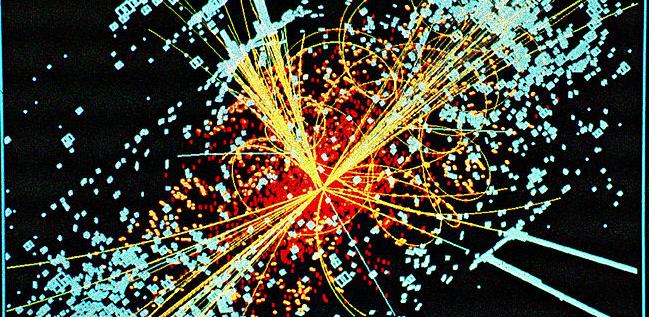Surprising Science
All Stories
This month’s buzz award was won by Google’s secretive Project Glass, a concept in development by Google X Lab that promises to replace our smartphones with augmented reality glasses. It’s […]
Dreams of a better Internet have evaporated, says Alexis Madrigal. How did we become contented with the same basic apps, all modified to fit ever-smaller niche groups?
What’s the Latest Development? By combining advances in the fields of electromagnetism and computing, researchers at UT Dallas have created a cellphone that can see through walls, aiding humans in all sorts […]
Facing deep budget cuts in 2013, the space agency is casting a wider net when it comes to getting new ideas. So if you have a novel thought on getting to Mars cheaply, speak up.
One of the world’s five most powerful supercomputers has modeled the structure of the known Universe, giving scientists fresh data on mysteries like the distribution of dark matter.
Big Think is excited to announce Humanizing Technology, a virtual expo in partnership with Bing, whose goal is to identify new technologies that integrate themselves seamlessly into our lives, capitalize on our unique strengths, and amplify the best of human nature.
A host of new apps allows parents to digitally track every event in their newborn’s life. But will the data deluge make people better parents or just more obsessed with data points?
By crunching data posted by Facebook’s 845 million users, professional research teams are coming to a better understanding of human behavior through how they behave online.
The XTR3D is a touch-free software interface that only requires a simple 2-D camera to operate. XTR3D creates a three-dimensional image of the user which can then be used to […]
Soccket, a soccer ball that stores the energy generated while playing with it, was developed by Uncharted Play, Inc. The product of an engineering class for non-engineers at Harvard, Soccket […]
Le Chal, a shoe that may replace the cane for a visually impaired person, was developed by Anirudh Sharma. Le Chal, or “The Take-Me-There Shoe,” uses a phone’s GPS along […]
The Ekso is a bionic exoskeleton designed by Ekso Bionics in order to help wheelchair users walk. Essentially a wearable robot, the Ekso allows people who suffer from paralysis or […]
Fitocracy is a social fitness network that rewards its users with experience points, allowing them to level up and complete fitness “quests” with other users, creating a fun and challenging […]
A European institute in Singapore wants to help ease the world’s transition toward massively populated urban centers. Of the 8.1 billion people on Earth by 2030, 5 billion will live in cities.
Why have humans evolved into an intelligent species? The complexity of our social relationships, which require cooperation, naturally selects for higher cognitive processes.
When a complex organ like the brain experiences a malfunction, a complex problem can result. Here are some of the most bizarre delusions ever recorded by psychiatrists.
New research confirms that worry is associated with high intelligence levels, suggesting that an aversion to dangerous situations has evolved as an important survival skill for our species.
Scientists have engineered HIV-immune stem cells that can carry T cells to different organs in the body, laying the groundwork for one day eliminating the virus from infected patients.
By using digital medical sensors, physicians can collect a wide range of data from healthy people, creating a control group against which irregularities can be measured—and illness predicted.
Exercising creates a plentiful new supply of brain cells, all eager to learn and make new associations. When they associate drugs with pleasure, however, the addiction is harder to break.
Neurobiologist Susan Barry was born with strabismus, an optical condition which prevented her from developing three dimensional vision. Barry describes the first time she saw in 3-D.
The democratization of innovation is enhancing the way small companies and new innovators are doing business. Big companies have to “dance” in order to keep up.
The experimental wing of the Pentagon has issued a $2 million prize for a robot that can assist in disaster response. Tasks may include closing a leaky valve and driving a utility vehicle.
When the Concorde was retired in 2003, our technological ambitions had been checked by practical concerns about noise, cost and fuel consumption. Today, engineers are working on new solutions.
Ancient asteroid strikes may have carried life on Earth to another planet, say astronomers. They say it could have happened when the Earth was forming around our sun some 4 billion years ago.
As our ability to identify planets beyond our solar system improves, it is becoming clear that our planetary neighborhood may not be so unique, meaning other Earths are well within the realm of possibility.
It’s springtime and you know what that means. The Large Hadron Collider is back up and running, now with more energy than ever. The collider has already set new world energy records.
What is the Big Idea? Israel ranked 14th on the United Nations first World Happiness Report launched on April 2. Topping the list are peaceful and ultra-liberal countries like Denmark, Finland, […]
The Massachusetts Pirate Party is a newly certified political party that represents the rights of citizens to share copyrighted information over the Internet. Would you register as a Pirate?
Constantly making happiness your explicit goal is a recipe for unhappiness, say psychologists. Rather, enjoy the moment you are in without too much preparation or preoccupation.









